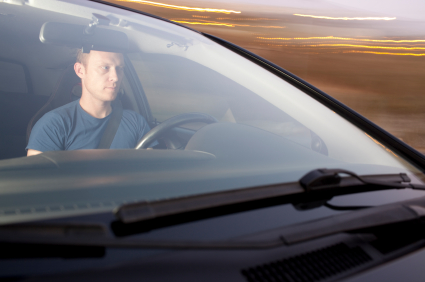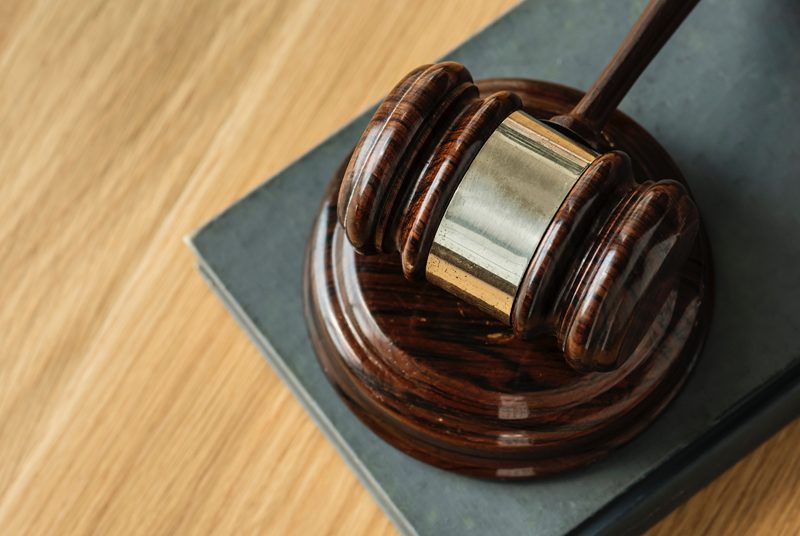Updated 6/17/2020
No one ever wants to end up with a DUI, especially when they are on vacation or out of the state. And generally speaking, getting a DUI outside of your home state is generally more serious than if you had gotten the charge in your own neighborhood. Once you’ve completed the “Roadside Olympics” and any additional blood or breathalyzer tests if you are found to be over the legal limit according to the laws in that state, you’ll be facing a long journey ahead (and not a fun one).

The first thing to know is that you should never simply ignore the problem and return to your home state. While the state you were charged with a crime technically only has the ability to suspend your driving privileges in that state, rather than suspending your license entirely, information about your charge or conviction is typically shared with your home state. If you avoid dealing with the charge or miss a deadline to submit your plea, it will be incredibly difficult, if not impossible, to avoid the penalties of a DUI conviction.
Today we are going to take an in-depth look at what happens when you get a DUI out-of-state and the repercussions you may face in your state due to the DUI charge.
What You Need To Know If You’ve Been Charged With A DUI In Another State
One of the biggest misconceptions when it comes to getting a DUI or any type of traffic violation out of state is that you’re basically “off the hook” as long as you don’t drive in that state. This is never the case. Here’s what you should do if you are pulled over and charged with a DUI in another state*:
- Pullover correctly (using your turn signals) to the side of the road or at the safest, closest area to you.
- Know that you have the right to decline a field sobriety test. However, many states see the refusal to perform sobriety tests as probable cause, and in most cases, you will be arrested and taken down to the station for additional alcohol testing.
- If you fail a breathalyzer test, this does not mean an automatic conviction for a DUI. But, as this article points out, in order for a conviction to stand a urine, blood or breath sample has to be taken after your Miranda rights have been read and after your arrest.
- Ask for an attorney right away. Chances are you don’t know or understand the laws of the state you are in and need a DUI attorney to defend. Don’t forget that you can ask for a lawyer at any time and anything you do or say can be used against you if your case goes to trial.
Repercussions Of An Out-Of-State DUI

When you are charged with a DUI in another state, that state is unable to suspend your license as is typical with most DUI cases. However, through the interstate Driver License Compact, the state where you were charged with the DUI will in almost every single instance let your home state know about the charge(s) you are facing. Because of this the first thing you should do is find a DUI lawyer in the state where you were charged with the DUI. Each state has its own laws and procedures for DUI cases, and a local lawyer will be the best person to help you navigate the system and act in your defense. In most cases, if you’re convicted for a DUI in another state, you also face consequences in your home state. This typically includes a license suspension. However, if you have previous DUI convictions on your record in your home state, you may also face the additional consequences that come with repeated offenses in that state on top of the penalties you face in the state where you were convicted. For this reason, it is important to consider seeking out a DUI lawyer in your home of Missouri state as well.
Ultimately, if you’re charged with a DUI outside of Missouri, you face more consequences than you would if you were convicted in your home state, including steep fines and jail time in another state. It is best to use the same caution you would at home and avoid drunk driving while traveling.
*Depending on the state where you received the DUI charge, some of the details and procedures may be different. It is your responsibility to contact a DUI attorney who is licensed to operate in the jurisdiction where you got the ticket.